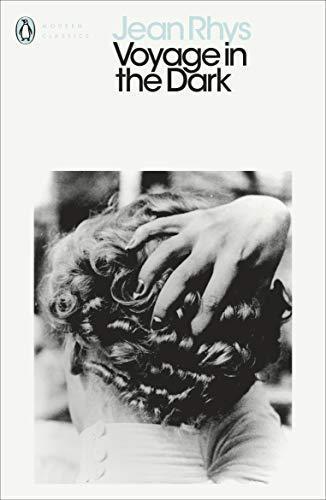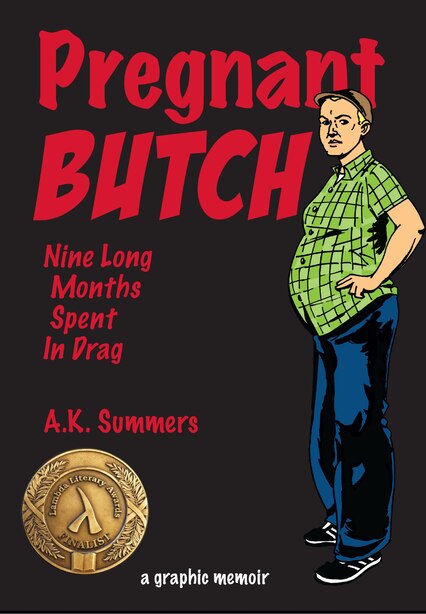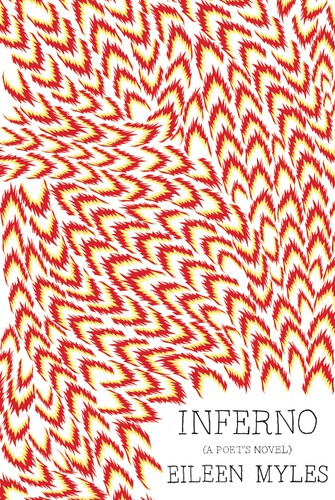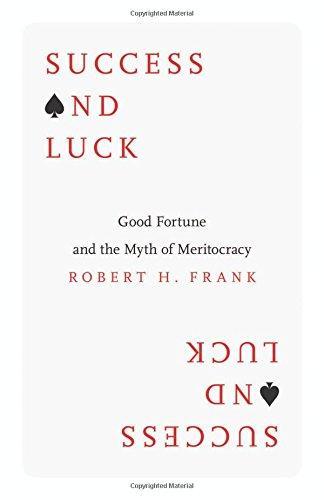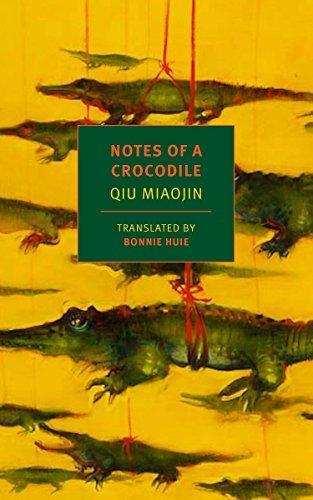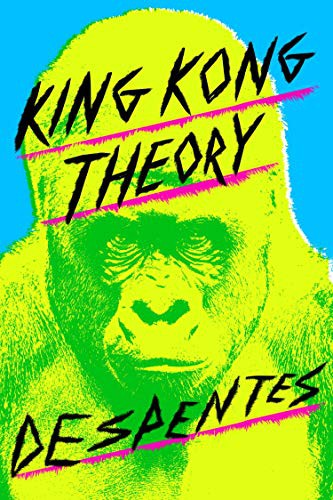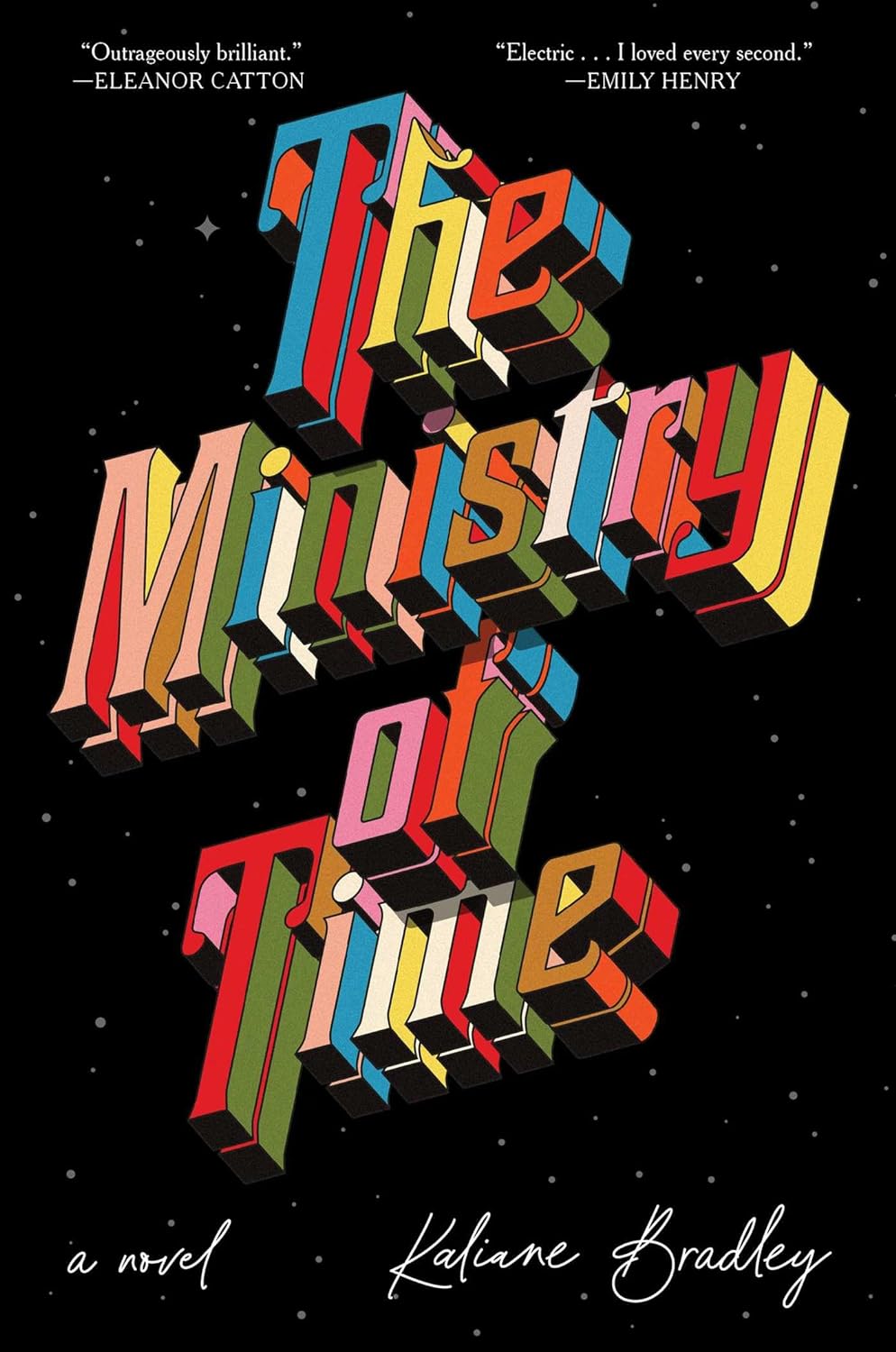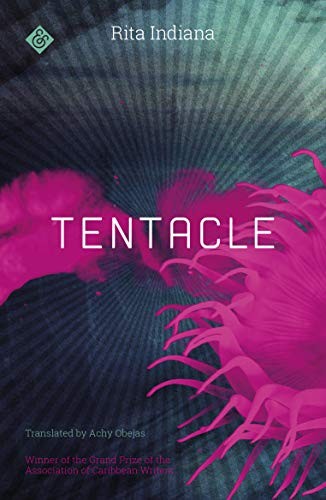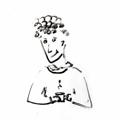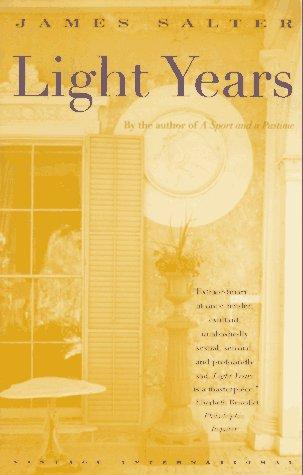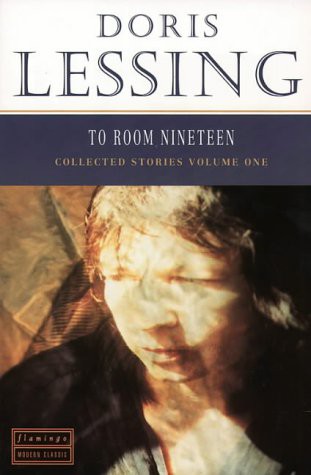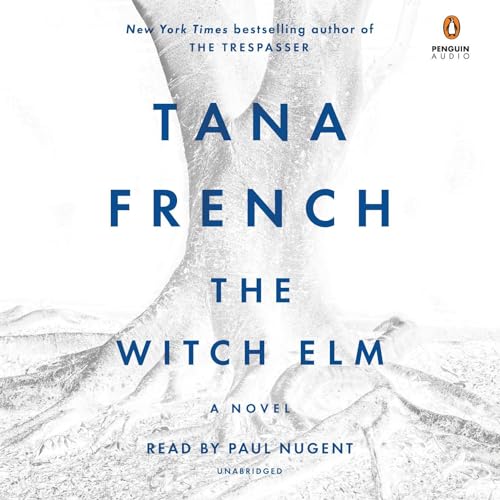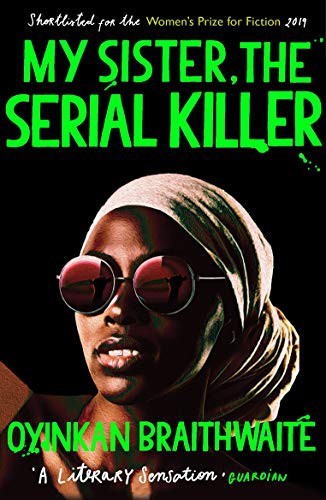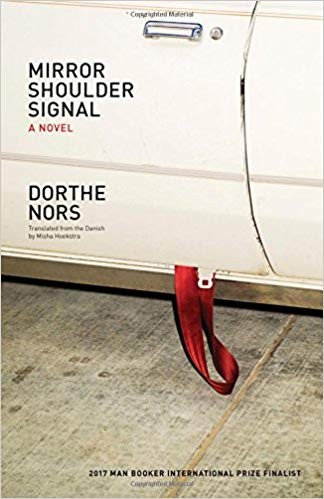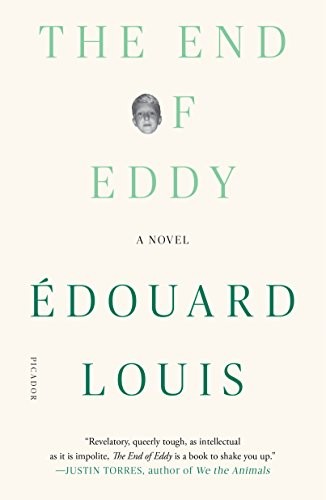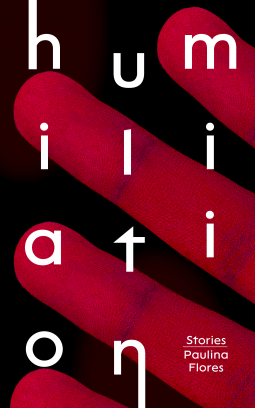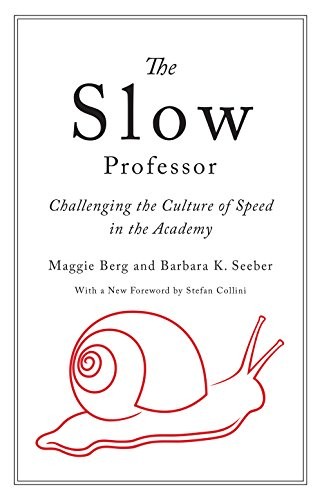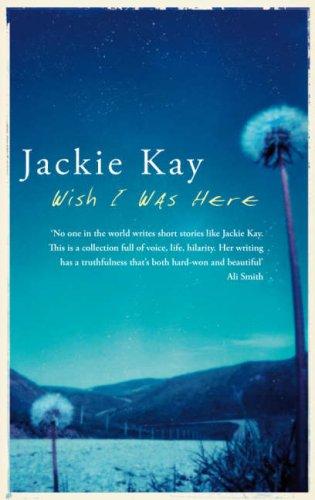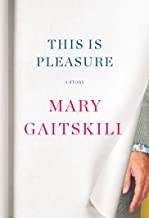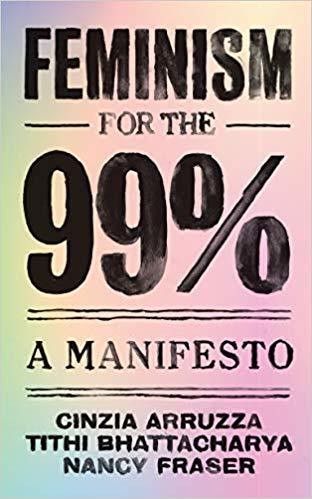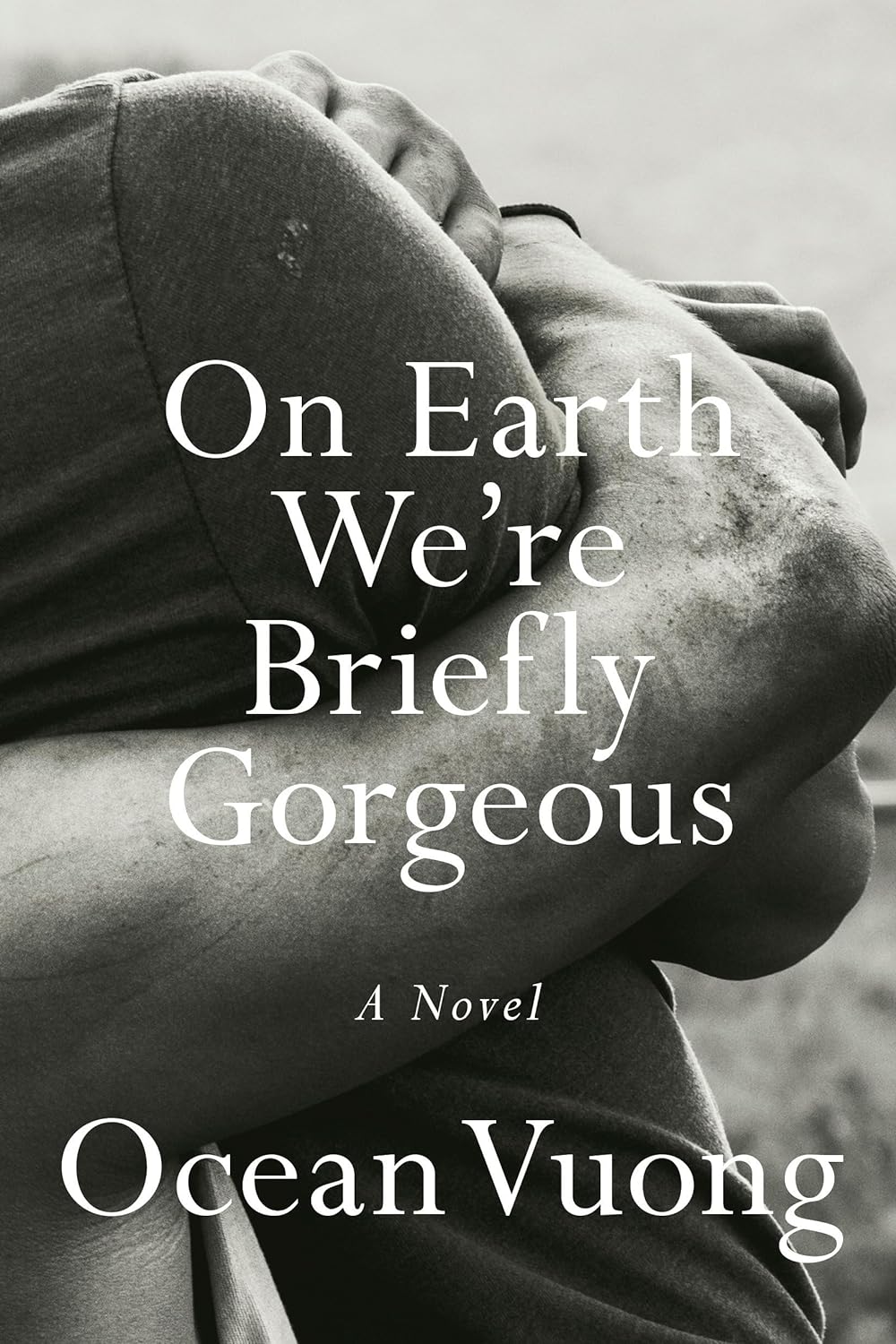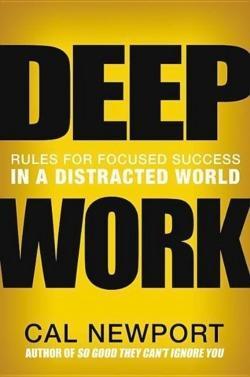Another re-read (I feel quite good about re-reading books these days, it seems almost an act of defiance to indulge in re-experiencing a book I liked, or didn't, rather than running around to catch up on must reads and add to the pile). I love Jackie Kay, that's the starting point.
Some of the stories I remembered well, obviously the one about the sad lesbian couple breaking up in slow motion because one has fallen in love with a Martis Amis’ fan, which Tascha had picked for a book club meeting in Hong Kong. That is such a good story, with all the despair and sadness of the rejected party coming through, but also conveying how the relationships had really become a little stale...except that when I put it like that it sounds trite and banal, but Jackie Kay weaves it all in such a subtle and humorous way. (You go when you can no longer stay)
Wish I was here is the cringe-inducing, funny story of the lady deciding to surprise her best friend by showing up at her holiday hotel, where she's gone with a new, young and hip partner. Again, the perspective of the rejected party (in love with her, clearly desperate for a relationship, and now feeling left behind as a friend) works very well, describing the kind of desperation that gets almost grotesque, but doing so with empathy.
Sonata (during a train journey, a stranger opens her heart to a fellow passenger, telling her of her lost love, destroyed by her own jelousy), I finally realised, is a tribute or retelling to the Kreutzer Sonata, and I have resolved to read that in 2020.
Then there were a few stories that I enjoyed but didn't quite captured me as much, such as the one where a woman gives birth to a fox, or how to get away with suicide.
The last story, The Mirrored Twins, I still remembered. Two 'bear-y', scottish gay men in a beautiful relationship, going hiking and getting into trouble. In my memory, it was the story of the death of one of them, but this time I saw it as much more open ended. I is extremely romantic and sweet, tender and oh very very sad.
She's such a brilliant writer!
